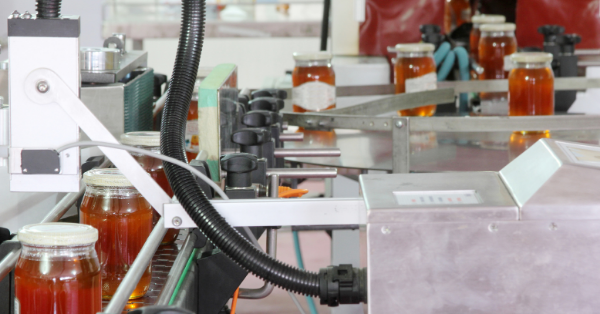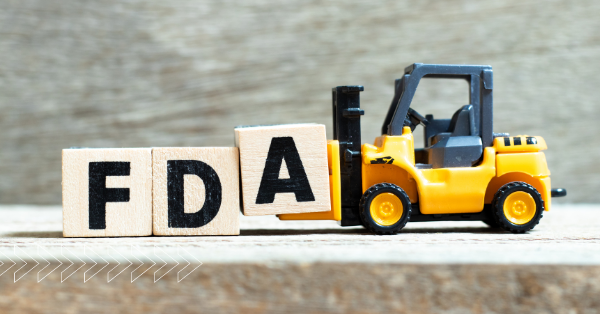What Is the Difference Between Food Defense and Food Fraud?
The terms “food defense” and “food fraud” are too often misinterpreted or confused with one another. By understanding and being able to apply plans for each, you will better ensure your supply chain, the safety of your products and the consumers who enjoy them.
In brief, food defense refers to protecting the foods you produce from intentional adulteration, which is the act of contaminating food to cause harm to others. A food defense plan and training for your team can help you avoid issues in your operation and supply chain.
Alternatively, food fraud is economically motivated, as the people committing fraud do so with the goal of making money. So how can you prevent these occurrences? Conducting a food fraud vulnerability assessment and implementing a mitigation plan will help you decrease your operation’s risks.
How Do I Defend Against Intentional Adulteration?
To protect consumers in the United States from intentional adulteration, the Food and Drug Administration (FDA) has imposed strict regulations on facilities that manufacture, ship, process, package, or store food products through FSMA.

Despite this, the food industry is still believed to be the most vulnerable industry to intentional tampering and its potential widespread impact. This makes it critically important to demonstrate compliance with government-imposed regulations and install security measures to protect your products, employees, consumers, and company’s reputation. You can do so with the development and implementation of a food defense plan and by having a trained Food Defense Coordinator.
Want to learn more and help maintain compliance with FSMA?
- Start by watching our Introduction to Food Defense Coordinator webinar, which will provide you with the basics.
- Keep your food defense skills in top shape and demonstrate your achievement with an official certificate by signing up for our self-paced Food Defense Coordinator Online course.
- If you want to design a program that mitigates intentional adulteration, you can also register to join us for our instructor-led virtual Food Defense Coordinator seminar, with two sessions March 22-23. By taking this seminar and passing an online certification exam, you can also become an AIB Certified Food Defense Coordinator.
How Do I Mitigate Food Fraud?
Do you have products and ingredients like alcoholic beverages, oils and fats, honey, maple syrup, or coffee in your supply chain?

These and many other products are historically known to be at an increased risk for fraud because they are easily adulterated. As an example, the gap between production and consumption of olive oil (specifically extra virgin olive oil) and honey has each been studied. While the global industry is currently only producing a certain amount of these products, the world consumes more than what is produced. To address the gap between supply and demand, they are being fraudulently diluted, substituted, concealed, mislabeled or otherwise – and there is a chance this is happening in your supply chain.
The pandemic may even be compounding economic factors and supply chain disruptions to make food fraud like this more attractive, so it is critical to consider how food fraud is accounted for in your food safety plan. Download our complimentary Food Fraud Risk Assessment to determine your risk.
To learn more and protect your supply chain and consumers, register to join us for our instructor-led virtual seminar, Food Fraud: Risk Assessment and Mitigation on May 10-11. You can also watch our An Introduction to Food Fraud: Risk Assessment & Mitigation webinar for more information.
Should you have any questions, please contact us at info@aibinternational.com.

